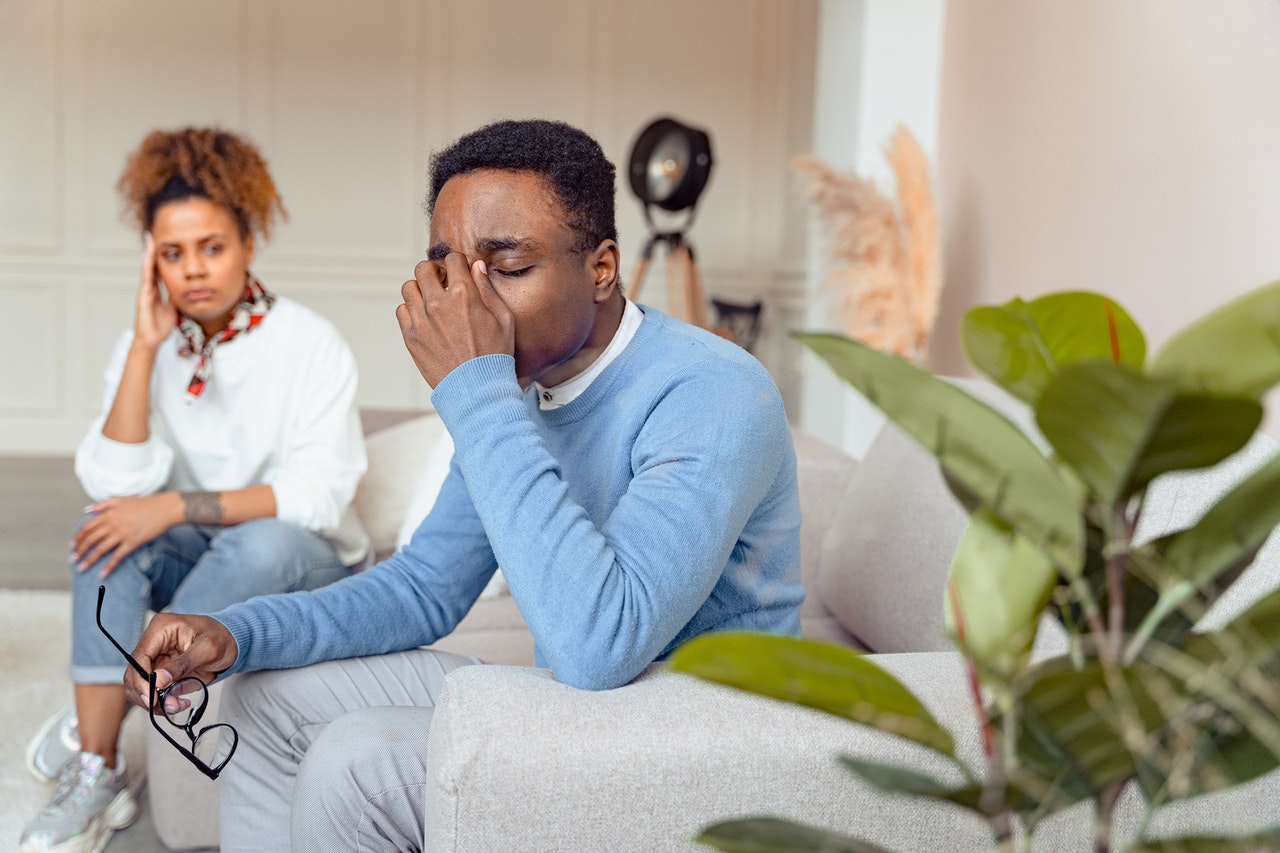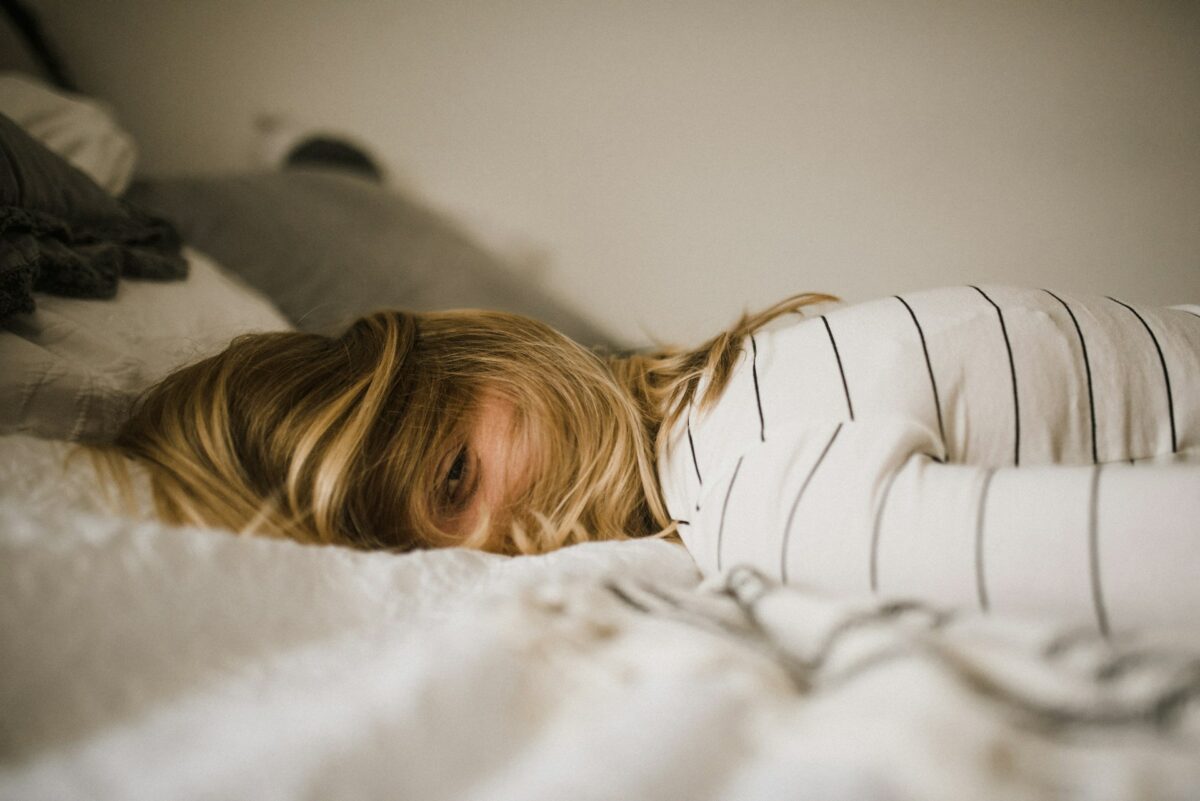Many adults suffer from insomnia, a type of sleep disorder. When dealing with insomnia, people have problems falling asleep, staying asleep throughout the night, or sleeping as long as needed. Insomnia can lead to other issues—most notably excessive daytime sleepiness and an increased risk for accidents. It can also have widespread health effects caused by sleep deprivation.
Prevent Insomnia By Knowing the Causes
If you want to prevent insomnia, you should know some of the more common causes it. Although causes of insomnia can vary, there are a few culprits that you might be able to manage on your own. To help steer you away from pitfalls that may lead to insomnia, let’s take a look at some of its most common causes:
1.Dealing with Stress
Stress is one of the most common causes of insomnia. Constant pressure—from work, home life, financial issues, and more—can lead to nervousness, anxiety, and even depression. All of these issues can be highly problematic.
When we are stressed, we tend to think about stressful situations all the time, which contributes to insomnia. Stress can also lead to poor sleeping habits. If you are worried about something, you’re more likely to toss and turn in bed, unable to get comfortable. Some small things you can incorporate into your routine to help with stress include journaling and meditation. While these can seem like superficial methods, taking them seriously has been proven to improve sleep quality and overall happiness.
2. Dealing with Illness
Illness is another factor that may lead to insomnia. Many people suffer from insomnia when they are sick, which is not surprising considering that it makes us feel groggy, more miserable, and more isolated. If you are suffering from symptoms of illness—whether it’s a cold, a headache, gastrointestinal problems, or something else—you are more likely to feel out of sorts and be unable to sleep. Do what you can to maintain a healthy immune system, and try to take on small but manageable physical activity, such as a walk outside, to help prepare you for a more consistent sleep at night.
3. Feeling Physical Pain
Feeling physical pain can also be a root cause of insomnia. Pain may be due to symptoms of an illness, as it is often related to other health conditions. In addition to painful conditions, pain may occur because of age-related problems or old injuries. As we get older, many of us suffer from arthritis and other conditions that can make it increasingly difficult to sleep. Unfortunately, poor sleep also contributes to pain due to interrupting your body’s ability to repair itself at night. Tackling both issues together can set you up for less pain in the future.
4. Maintaining an Irregular Sleep Schedule
Since sleep and wakefulness are controlled by biological rhythms, maintaining an irregular sleep schedule can cause problems in falling and staying asleep. Irregular sleep schedules are often caused by external factors such as work, familial duties, and social events. However, they may also be caused by a lack of discipline regarding sleep habits.
One of the best ways to treat insomnia is by following a strict sleep schedule with slight variation. Prioritizing sleep may mean you need to say no to certain social activities, or leave early from events. Including meal planning and keeping a calendar with important events are other small things that can help you maintain a better schedule.
5. Taking Certain Medications
Medication can contribute to insomnia. Typically, this is due to the side effects of the drugs, but some medications simply don’t promote sleep. If you take medication before bed, it is essential to read the label closely, and make sure to discuss possible side effects with your physician so you understand the potential side effects of the drug.
If you are dealing with insomnia, try to review all medications that you are taking with your physician and consider whether they may be causing the problem. There may be alternatives out there for you to take that do not have that side effect, or simply do not effect you in that way.
6. Sleep Apnea
People often say that they don’t have sleep apnea, they have insomnia. 50-60% of those diagnosed with insomnia, also have sleep apnea, and vice versa. It is important to rule out other sleep disorders that may be causing you to have insomnia. The drops in oxygen that people experience with sleep apnea can cause the brain to come out of deeper stages of sleep, or avoid them all together, which can cause issues falling asleep and staying asleep.
7. Alcohol
Alcohol may seem like it helps you with your sleep, but it actually disrupts your sleep schedules and reduces the amount of REM sleep you get. This keeps you in lighter stages of sleep, and will often cause you to wake up in the middle of the night. We all know that reducing alcohol consumption will improve our health, so there are no downsides to this method of improving your insomnia!
Conclusion
Insomnia is an all too common problem, but there are lifestyle changes you can make to improve your sleep. The key is to understand what causes this condition so that you can eliminate the factors that lead to it. Once you know what causes your insomnia, you can take steps to eliminate these factors and deal with insomnia in a healthy way.
If you’re dealing with insomnia, try visiting our sleep centre. Sleep Better Live Better has helped thousands of patients in Vancouver find healthy sleep solutions. Have a quick consultation, and we can help you solve your sleeping problems and help you get some much-needed rest.





